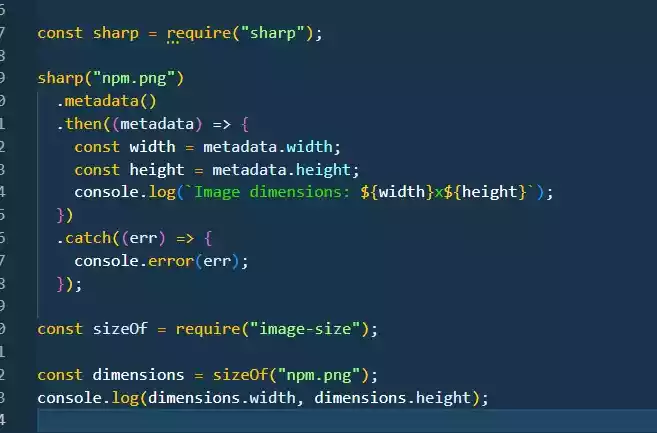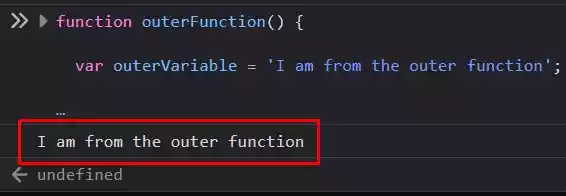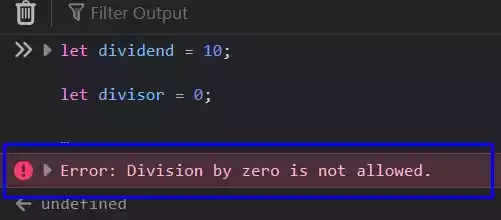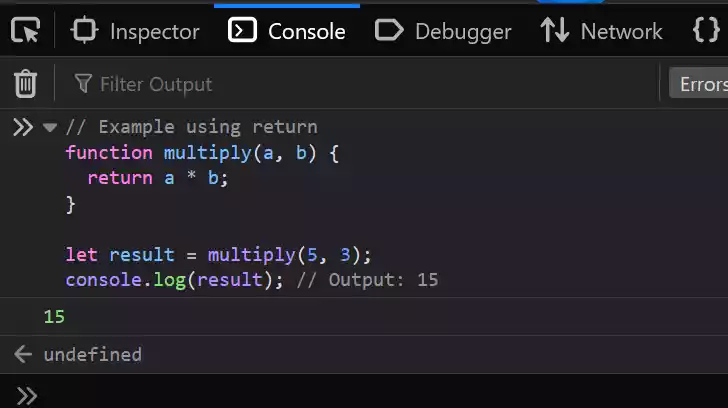Is Node.js Used for Backend or Frontend?
Node.js is a JavaScript runtime environment that can be used to create both client-side and server-side applications.
So, is Node.js used for backend or frontend development?
The answer is both. Node.js is a versatile platform that can be used for a variety of development tasks.
It is a popular choice for both backend and frontend development because of its event-driven, non-blocking architecture, scalability, and performance.
Table of Contents
Frontend Development with Node.js
Node.js can be used to create dynamic and interactive frontend applications.
There are a number of frameworks that make it easy to use Node.js for frontend development, such as React, Angular, and Vue.js.
Benefits of using Node.js for frontend development
- Reusability and Productivity – Node.js has emerged as a powerful contender for frontend development due to the reusability of JavaScript across both frontend and backend.
This cross-use of code enhances productivity and expedites the development process. - Scalability – For those aspiring to craft dynamic and interactive frontend applications, Node.js is a fantastic option.
Its scalability enables developers to create large and complex applications that can seamlessly handle substantial user traffic.
When to Use Node.js for Frontend Development?
Node.js stands out in frontend development scenarios that require:
- Creation of dynamic and interactive frontend applications.
- Development of complex frontend applications.
- Code reuse between frontend and backend components.
- Improved frontend application performance.
Backend Development with Node.js
Node.js is also a popular choice for backend development. It is often used to create APIs, real-time applications, and web sockets.
Benefits of using Node.js for backend development
- Event-Driven Architecture – Node.js’s event-driven architecture makes it particularly suitable for backend development, especially when dealing with high volumes of concurrent requests.
This architecture enables efficient handling of requests, ensuring a smooth user experience. - Non-Blocking I/O – A significant feature of Node.js is its non-blocking I/O, which enables it to process multiple requests simultaneously without blocking the main thread.
This feature contributes to the platform’s robustness in handling numerous requests.
When to Use Node.js for Backend Development?
Node.js proves beneficial for backend development when:
- Handling a multitude of concurrent requests is crucial.
- Building real-time applications is the goal.
- Crafting web socket applications is necessary.
- Upgrading backend application performance is a priority.
Wrap Up
Node.js is a versatile platform that can be used for both frontend and backend development.
It is a popular choice for both types of development because of its event-driven, non-blocking architecture, scalability, and performance.
If you are looking for a platform that can help you build both frontend and backend applications, then Node.js is a great option.
FAQs
- Is Node.js only for backend development? No, Node.js can be used for both frontend and backend development, making it a versatile choice for building complete web applications.
- Can I use Node.js with frontend frameworks? Yes, Node.js seamlessly integrates with frontend frameworks like React, Angular, and Vue.js, enabling dynamic frontend development.
- What is Node.js’s advantage in backend development? Node.js’s non-blocking I/O and event-driven architecture make it highly efficient for handling concurrent connections and real-time applications on the backend.
- Can Node.js handle real-time applications? Yes, Node.js’s non-blocking architecture makes it an excellent choice for real-time applications.





